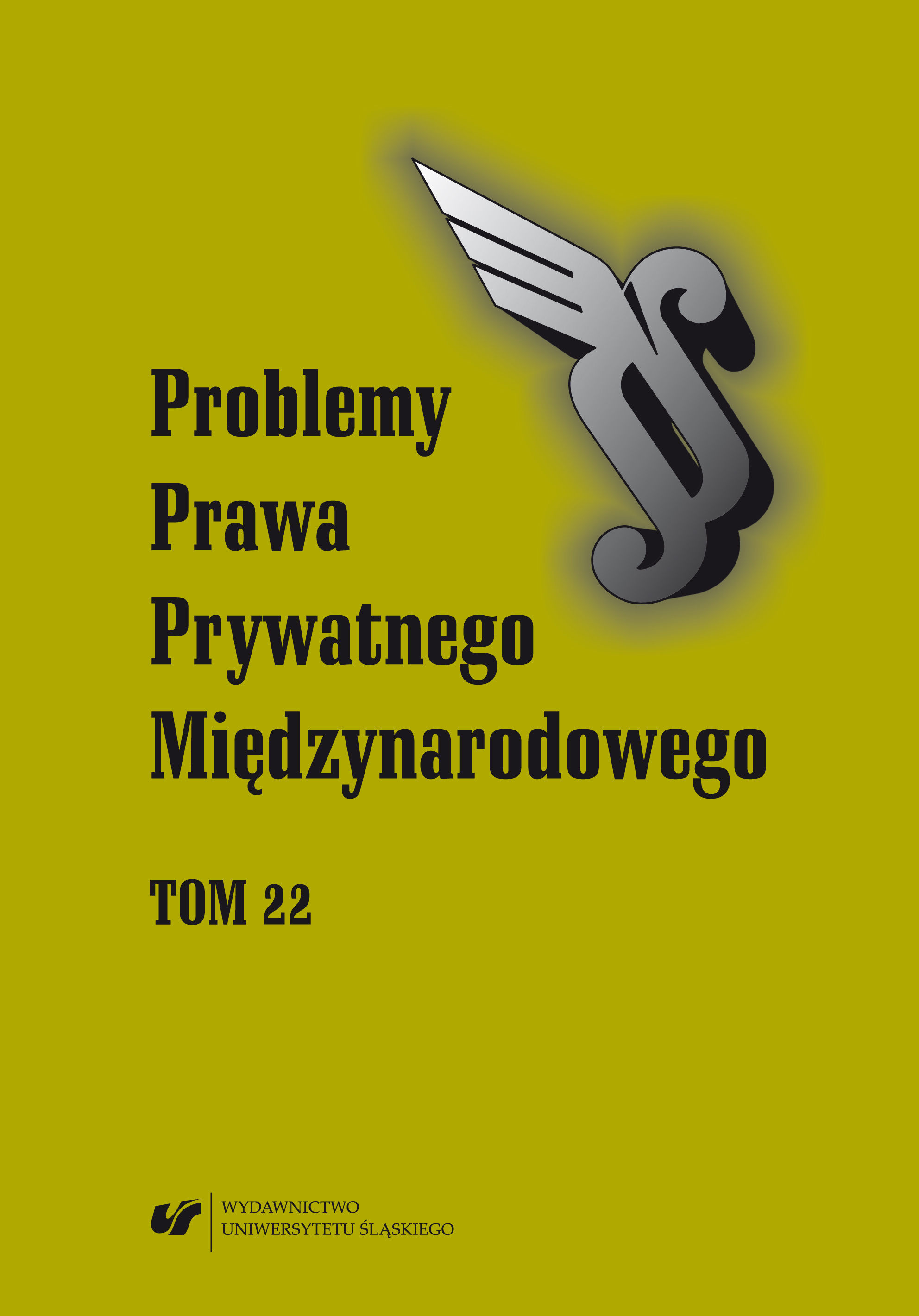The arbitrability of disputes concerning personal rights
The arbitrability of disputes concerning personal rights
Author(s): Grzegorz ŻmijSubject(s): Law, Constitution, Jurisprudence, Constitutional Law, Civil Law, International Law, EU-Legislation
Published by: Wydawnictwo Uniwersytetu Śląskiego
Keywords: arbitration; personal rights; non-pecuniary loss; arbitrability; UNIDROIT Principles
Summary/Abstract: The notion of arbitrability, which has not been defined in international treaties and has been given various meanings in international literature covers the question whether the subject-matter of the dispute submitted to arbitration is one that can be resolved by arbitration. In Polish literature, arbitrability is defined in a similar manner, as a feature of the dispute (case) that makes it capable of being resolved by the arbitration tribunal, i.e. it falls under the jurisdiction of the arbitration tribunal as a consequence of concluding an arbitration agreement.Despite certain doubts concerning specific issues, the division of subjective rights into economic and non-economic rights is widely adopted in the Polish doctrine and it covers two categories of rights: personality rights, i.e. rights protecting personal interests, as far as immaterial rights protecting the right holder’s personal interests, and non-economic family rights.The relative nature of arbitration always causes trouble when the case may concern rights of a third party. Traditionally, most disputes resolved through arbitration are cases of a contractual nature. As a result of the ‘commercialisation of personal goods’, it is nowadays also possible that the contractual dispute may concern the infringement of these goods. An example of this can be found from the provision of Article 4.7.2 sec. 2 of the UNIDROIT Principles of International Commercial Contracts, which gives the aggrieved party in a case of non-performance of the contract, the right to damages covering non-pecuniary harm, which includes, for instance, physical suffering or emotional distress.In spite of the fact that the tendency to cover immaterial harm within the frame of contractual liability has spread since the first edition of the UNIDROIT Principles (1994), including in European private law, most cases concerning an infringement of a personal right are still tortious by nature.The solution taken by Polish lawmaker in Article 1157 KPC concerning arbitrability of disputes is rather unnecessarily complicated. The ostensibly unambiguous wording of that article does not suffice the requirement of legal certainty.
Journal: Problemy Prawa Prywatnego Międzynarodowego
- Issue Year: 2018
- Issue No: 22
- Page Range: 87-98
- Page Count: 12
- Language: English

